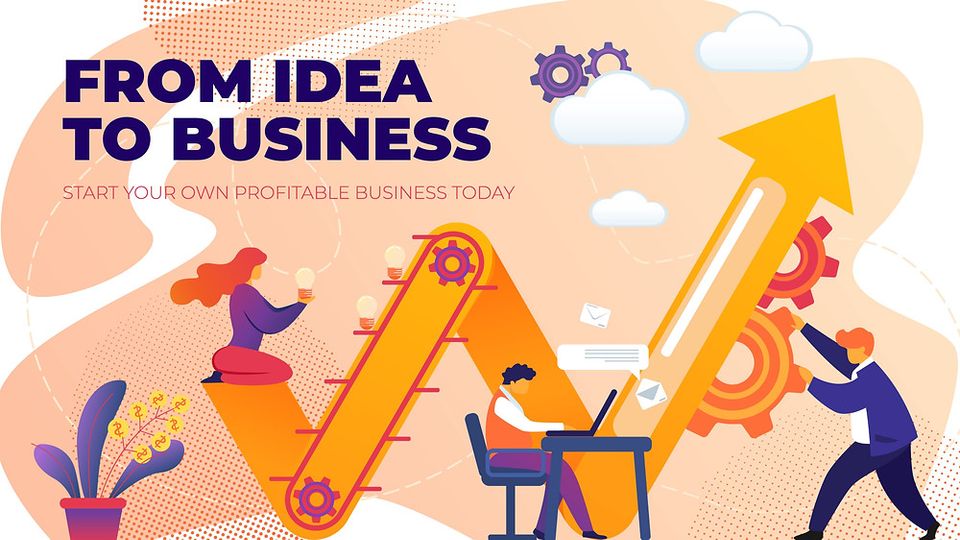Running a great solopreneurship is exactly like running a great entrepreneurship

As someone who has run both solopreneurship and entrepreneurship in both full-time and part-time for nearly 10 yrs, one thing I noticed is how similar entrepreneurship and solopreneurship are to each other in terms of what it takes to be successful (being 'successful' here meaning that one can sustain the business with expected results). In fact, a lot of great companies (successful entrepreneurship) originated from solopreneurship, like the story of Shopify in which the founder initially wanted to sell snowboards online himself. Here are 5 common things between the two.
1. Find your niche market
When you don't have much resource, both the capital and human, finding a small audience with a very specific problem is almost always the right first step. One of the biggest mistakes a solopreneur or entrepreneur thinks at the beginning is that a certain service or product may only service a very small market, thereby giving it up too soon. They could be right in saying that 'that' service may only solve a problem for a very few people. That's where it starts, not ends. Having a strong, loyal group of customers will allow you to expand, both horizontally and vertically.
2. Strong differentiation in product and service
When a buyer selects a product or service, the easiest decision factor that comes across your mind is price. Although I would usually advocate against the idea of offering something at the lowest price possible, this can certainly be a great selling point for some business. In this case, pricing is its differentiator. Nevertheless, the best differentiator to sustain a business over a long haul is NOT pricing but the quality and attributes of a product and service.
3. Compelling story
When people makes a purchase, especially a service, the biggest trigger is emotion, not reason. There's a reason why a rental car office almost always uses the word 'loss' (e.g. loss coverage) when offering something extra because they know that a word related to fear, like 'loss', is one of the biggest psychology trigger. How to make a great story is a whole new topic and I'm not going to write about it here. Instead, I recommended a book on a past blog where anyone can learn about creating a compelling story. Here's the link -

4. More experiments = Higher chance of success
This is a pattern we've both learned from books and found with our own customers. The most successful solopreneurs are not the ones with the best pedigrees or skillsets. They are the ones who are doing the most experiments, whether it's offering a different service, testing a new price, or creating new contents. They also tend to not presume anything. I've seen too many solopreneurs jumping to conclusions based on their prior experience or stereotypes. Or they're embarrassed to present something premature. Don't be afraid. Until you find the 'a-ha' moment, the name of the game is quantity, not quality.
5. It's a marathon, not a sprint
Babe Ruth, a baseball legend, once said "It's hard to beat a person who never gives up". This is one of my favorites quotes. 'Not giving up leads to success' is not only applicable to business but to every aspect of our life. Unlike what's shown to us on social media, an overnight success is like hitting a lottery jackpot. It could happen to you but you shouldn't really bet on it. When building a new business yourself, it usually takes several years (could be 10+ years) for you to get to the stage where you feel a little bit of 'comfort'. The secret? Find something you are passionate and love to do everyday.
#freelancer #solopreneur #creator
written by Kisang Pak, co-founder @ Ceeya
Ceeya helps solopreneurs and freelancers make more money. Ceeya closely works with each of its users to launch and grow their business. If you're one of the (prospect) solopreneurs, visit https://home.ceeya.io and leave your email to launch and accelerate your solopreneur business. Or send an email to kpak@ceeya.io directly.

